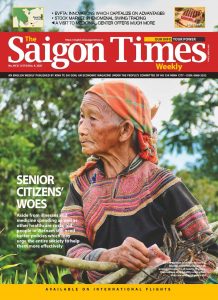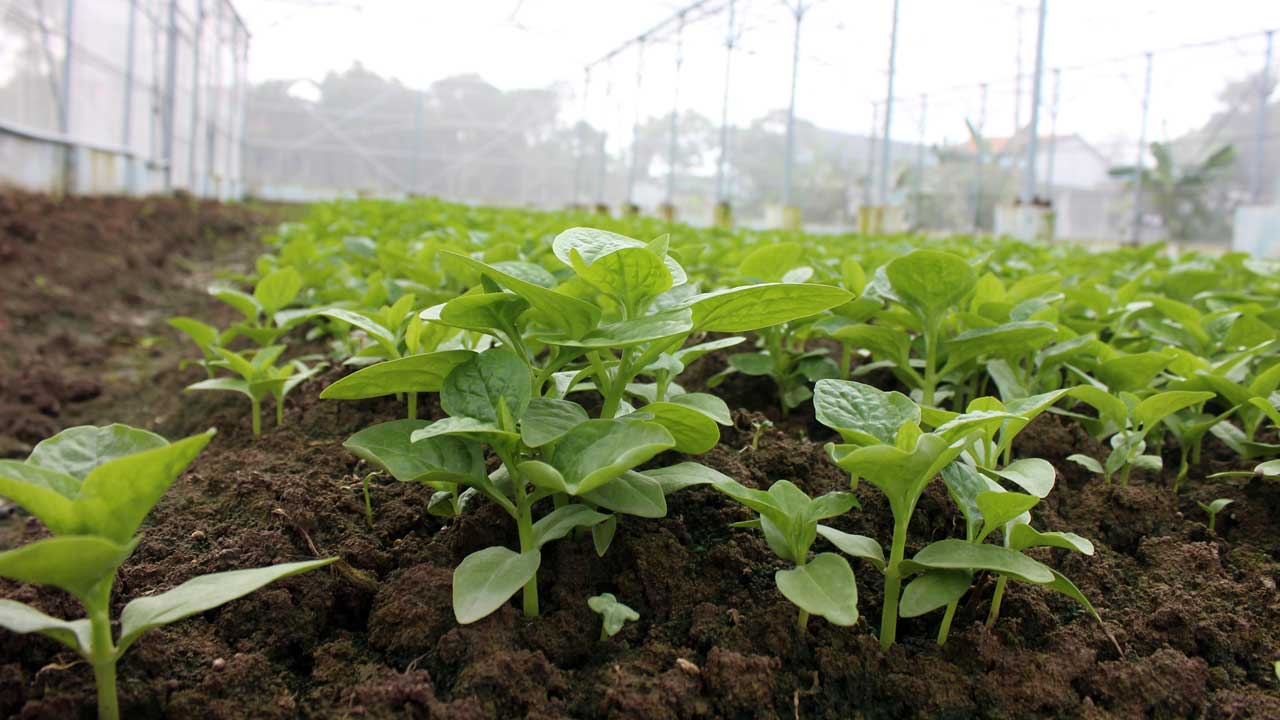Vietnam’s export to the European Union (EU) continues to enjoy bright prospects as the EU-Vietnam Free Trade Agreement (EVFTA) offers incentives for these products and services, especially its strengths. However, after various warnings pertaining to the safety of agriculture and fishery products from Vietnam, the EU announced that it would amend its regulations on controls on the import of Vietnam’s products.
The EVFTA is one of the new-generation free trade agreements (FTAs) with a significant impact on Vietnam since the EU is one of the key trading partners and a link between the past and the present. Trade relations between Vietnam and the EU started centuries ago, when European ships arrived in Van Don, Pho Hien, Hoi An and Ben Nghe. Consequently, the EVFTA, while still in its nascent stage, has left many imprints.
Ample scope, generous incentives
In 2020, although the EVFTA was in effect for just five months (starting from August 2020), it helped Vietnam clock up US$22.5 billion worth of surplus.
In 2021, although Covid-19 still posed concerns, the EU, with its immense potential, introduced unprecedented stimulus packages (about 2.364 trillion euros), so its economy recovered quickly. In the first three quarters of 2021, the EU’s import of products from countries outside this group rose by about 16.3% year-on-year. Its import of Vietnamese products jumped by US$28.8 billion, up 11.5% year-on-year. Vietnam’s enterprises boosted export not only to traditional trading partners such as Germany, the Netherlands, France, Italy and Denmark but also to Northern Europe and Southern Europe, which are new and promising markets.
Vietnam’s export to the EU continues to enjoy bright prospects as the EVFTA offers incentives for these products and services, especially its strengths. Before the EVFTA took effect, EU members offered Vietnam incentives under the Generalized System of Preferences (GSP) but this agreement expands them, so they are more sustainable and have a greater value.
The extent to which the certificate of origin (C/O) EUR1 is capitalized on as an incentive is about 20%. Those not eligible for C/O incentives enjoy relatively low tax rates thanks to GSP. Besides, for export to the EU worth less than 6,000 euros, enterprises can provide their own certificates of origin and enjoy these incentives by default.

Wasted opportunities
In accordance with the EVFTA, Vietnam has 30,000 tons of rice, including nine varieties of fragrant rice, that is eligible for tax exemption. This offers a chance for Vietnam to increase rice export. Unfortunately, due to C/O issues, some enterprises failed to capitalize on this opportunity.
The Vietnam Sanitary and Phytosanitary Notification Authority (*) has received warnings from the EU as frozen frog legs contain furazolidone with a chemical residue of 17 µg/kg-ppb, causing France to recall these products and Switzerland to dispose of them.
At the same time, the EU also issues warnings against pomelos (as they contain too much propargite and fenobucarb and have been recalled by Norway).
In October 2021, ST25 fragrant rice (with the trademark Queen) was detected by Belgium to contain more tricyclazole than permitted, so it was also recalled. A similar problem plagued rambutans, dried wood-ear mushroom, pepper, cinnamon powder and some fishery products in the same month.
After various warnings pertaining to the safety of agriculture and fishery products from Vietnam, the EU announced that it would amend its regulations on controls on the import of Vietnam’s products. Since November 15, 2021, the frequency at which Vietnamese herbs and fruits will be inspected for pesticides has been 72% for coriander, 20% for basil, 20-30% for okra, 20% for pepper and 10% for dragon fruit. Every six months, the EU will inspect plant-based food and animal feed products at border control outlets to ensure food safety. Firms that violate food safety standards not only suffer but also cause trouble for their peers.
(*)The Vietnam Sanitary and Phytosanitary Notification Authority needs to ensure compliance with regulations on food hygiene and safety imposed by the World Trade Organization.











